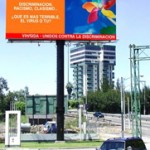
People living with HIV/AIDS often face stigma and discrimination, especially in Central America. In 2004, USAID, together with the President’s Emergency Plan for AIDS Relief, began building support for a mass media campaign for the region to reduce stigma and discrimination against people living with HIV/AIDS.
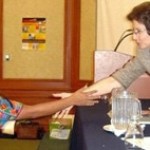
Women’s legal rights have had little understanding and respect throughout Guatemala. Indigenous women, in particular, who represent more than 25 percent of the population, have suffered from an ongoing culture of violence, oppression, and discrimination.
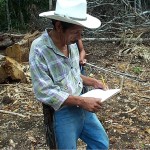
Since childhood, Jorge Soza Chi has worked in the Peten rainforest, first as a tree expert in chicle, a product used in chewing gum, and later as president of FORESCOM.
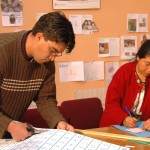
Troubled with gangs and high crime rates, Villa Nueva, a large suburb of Guatemala City, is one of the country’s most violent areas. Although the number of cases involving domestic violence, sexual crime, and murder of women continues to rise, few are reported or investigated.
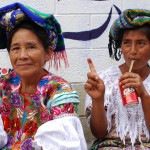
Traditionally, candidates who captured the majority of votes in Guatemala City win the presidency, but that is changing. The 2007 Guatemalan presidential election represents an important shift of power away from Guatemala City and toward the more rural areas of the country.








Comment
Make a general inquiry or suggest an improvement.